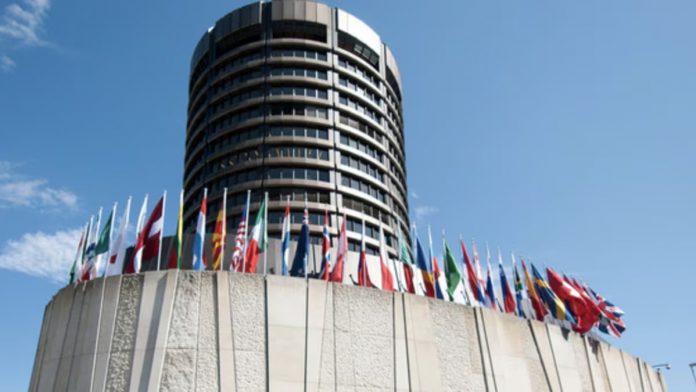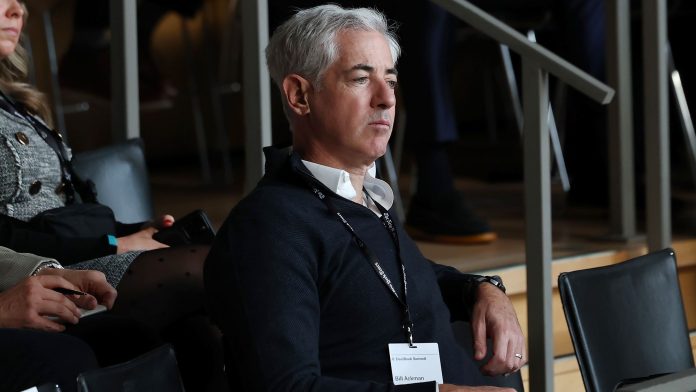Black Friday Week continues to shape the early-stage market as investors shift attention toward infrastructure, onboarding, and gaming-focused projects in the crypto presale ecosystem. Rising presale participation, limited-time bonuses, and rapid stage progression have pushed several emerging tokens into the spotlight. Among them, Mono Protocol, WeWake, and Nexchain stand out for offering distinct utility models across different areas of Web3 development.
Here is an in-depth look at how these three projects are influencing the Black Friday phase of the presale crypto market.
1. Mono Protocol — Leading the Black Friday Cycle With Chain Abstraction and Rapid Stage Growth
Mono Protocol remains the strongest performer of Black Friday Week as the project nears completion of Stage 18 after raising $3.52 million out of $3.60 million. With its token priced at $0.0525 and a projected listing value of $0.500, the protocol continues to attract investors seeking transparent pricing and advanced infrastructure utility.
The platform positions itself as a universal execution layer built around chain abstraction, MEV-resistant routing, and guaranteed settlement. Its unified design removes the friction of navigating multiple networks, simplifying swaps, transfers, and bridging into a single flow.
This Black Friday cycle has been driven heavily by Mono’s 100% bonus, which doubles all token purchases made between November 24 and 30. As the presale advances through its later stages, many analysts place Mono at the top of web3 crypto presale research lists due to its multi-chain architecture and utility-driven approach.
Mono remains one of the most widely referenced new crypto presale projects of the season, supported by a clear roadmap and a growing ecosystem designed for long-term adoption.
2. WeWake — Walletless, Gasless Layer 2 Designed for Mass Web3 Adoption
WeWake continues to attract strong interest during Black Friday Week, particularly among participants evaluating onboarding-focused pre sale cryptocurrency solutions. The project eliminates common barriers to Web3 participation by removing wallets, seed phrases, and gas fees entirely. Instead, users access the network using familiar logins such as Google, Apple, or Telegram.
The WeWake presale is positioned within an 80-stage model, with the project currently in Stage 17, priced at $0.0340. The presale has already raised $1.435 million, assisted by the release of a 100% Black Friday bonus, dashboard upgrades, and consistent weekly development progress.
WeWake’s hybrid execution design—gasless, fast off-chain matches secured by on-chain settlement—supports a wide range of decentralized applications without exposing newcomers to technical friction. This UX-first approach aligns with broader market trends where accessibility is becoming a leading factor in cryptocurrency presales.
As user-friendly networks gain traction, WeWake has become a notable presale coin for investors monitoring long-term adoption themes beyond the holiday period.
3. Nexchain — AI-Integrated Blockchain Presale Driving Stage 30 Growth
Nexchain has entered Black Friday Week as one of the most active AI-driven blockchain presales. The project is attracting investors who prefer verifiable development progress, stage-based pricing, and open testing environments over purely marketing-focused presale launches.
Nexchain has advanced into Stage 30, with tokens priced at $0.12 and over $12 million raised. Its structured presale design provides predictable pricing through each stage, creating steady participation from both new and returning buyers as the project moves toward its Token Generation Event.
The platform’s appeal comes from its AI-enhanced blockchain framework, which integrates adaptive consensus, AI-managed smart contract optimization, anomaly detection, cross-chain interoperability, and post-quantum security. This technical positioning sets Nexchain apart within the broader presale crypto ecosystem.
Nexchain’s Black Friday activity accelerated after the project introduced a 250% bonus, boosting user allocations during the promotional window. Combined with active dashboard growth and testnet traction, Nexchain has secured its place as one of the leading early-stage blockchain presales heading into 2026.
As demand for AI-integrated infrastructure expands, Nexchain remains a standout presale coin for users tracking high-utility blockchain innovation.
Early-Stage Market Acceleration Continues Through Black Friday
Black Friday Week remains one of the most active periods for crypto presale participation, with Mono Protocol, WeWake, and Nexchain each offering a different vector of utility: multi-chain infrastructure, simplified onboarding, and decentralized skill-based gaming.
Together, these projects illustrate the diverse themes driving the current web3 crypto presale landscape. As promotional windows close and stage pricing increases, the holiday cycle continues to shape how investors evaluate early-stage opportunities across the evolving cryptocurrency presales market.
Learn More about Mono Protocol
Website: https://www.monoprotocol.com/
X: https://x.com/mono_protocol
Telegram: https://t.me/monoprotocol_official
LinkedIn: https://www.linkedin.com/company/monoprotocol/
Like this:
Like Loading...






